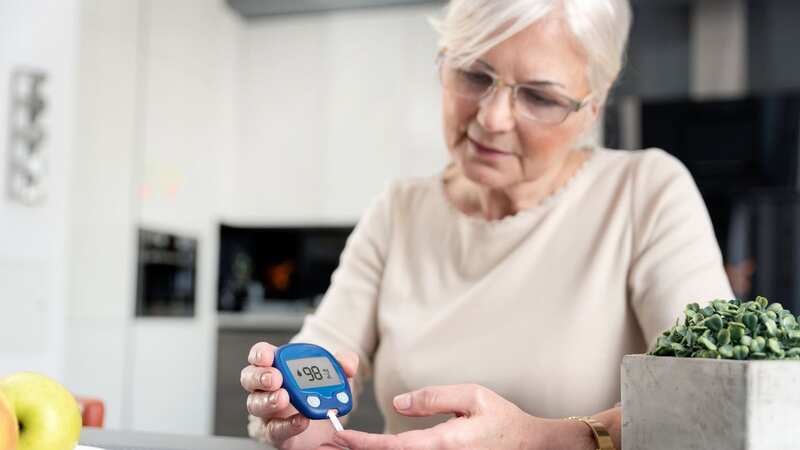Type 2 diabetes signs you should never ignore as 30% of cases go undetected

A staggering three million adults in England alone are thought to have type 2 diabetes - but many dismiss the early warning signs.
New data from the Office of National Statistics estimates that seven per cent of the adult population currently have the condition - but around one million are undiagnosed. It also found that pre-diabetes affected around one in nine adults in England, which is more than five million people.
These alarming figures stress the important of knowing the symptoms of type 2 diabetes, and whether you're at a higher risk of developing the condition. Early treatment is essential in reducing the chances of other health problems including heart disease and stroke.
What are the symptoms of type 2 diabetes?
According to the NHS, many diabetes symptom are easy to miss. But, you should always look out for the following:
- Urinating more than usual
- Feeling thirsty all of the time
- Feeling very tired
- Lose weight without trying to
- Blurred vision
- Cuts/ wounds that are taking longer to heal
- Itching around the genitals
- Repeatedly getting thrush
Who is at greater risk of Type 2 diabetes?
"Generally, people who are overweight or obese are more at risk of developing type 2 diabetes," said Dr Neel Patel, a GP at LloydsPharmacy Online Doctor. "Specifically, people with an unhealthy waistline measurement and those who store too much fat around their pancreas and liver can be at high risk."
 Teachers, civil servants and train drivers walk out in biggest strike in decade
Teachers, civil servants and train drivers walk out in biggest strike in decade
He added: "Certain ethnicities also have an increased risk of developing type 2 diabetes." This includes those from Black African, African Caribbean and South Asian backgrounds. Having a close relative with diabetes (including a parent or sibling) can also mean you're at a higher risk of developing the condition.
Want the latest health news and fitness tips sent straight to your inbox? Sign up to our
What's the difference between type 1 and type 2 diabetes?
Dr Patel points out that type 1 diabetes is where the body 'does not produce insulin' - adding that there is no way to prevent this condition and that its exact causes are 'currently known'. However, when it comes to type 2 diabetes - it is largely affected by our lifestyle choices.
"Type 2 diabetes is where your body does not make enough insulin, or the insulin you do produce does not function properly," the expert added. If untreated, both variants of the condition can cause complications - including sight loss, nerve damage, and heart attack.
If you're experiencing symptoms, contact your GP. You will likely need to have a blood test to receive a diagnosis.
Read more similar news:
Comments:
comments powered by Disqus

































